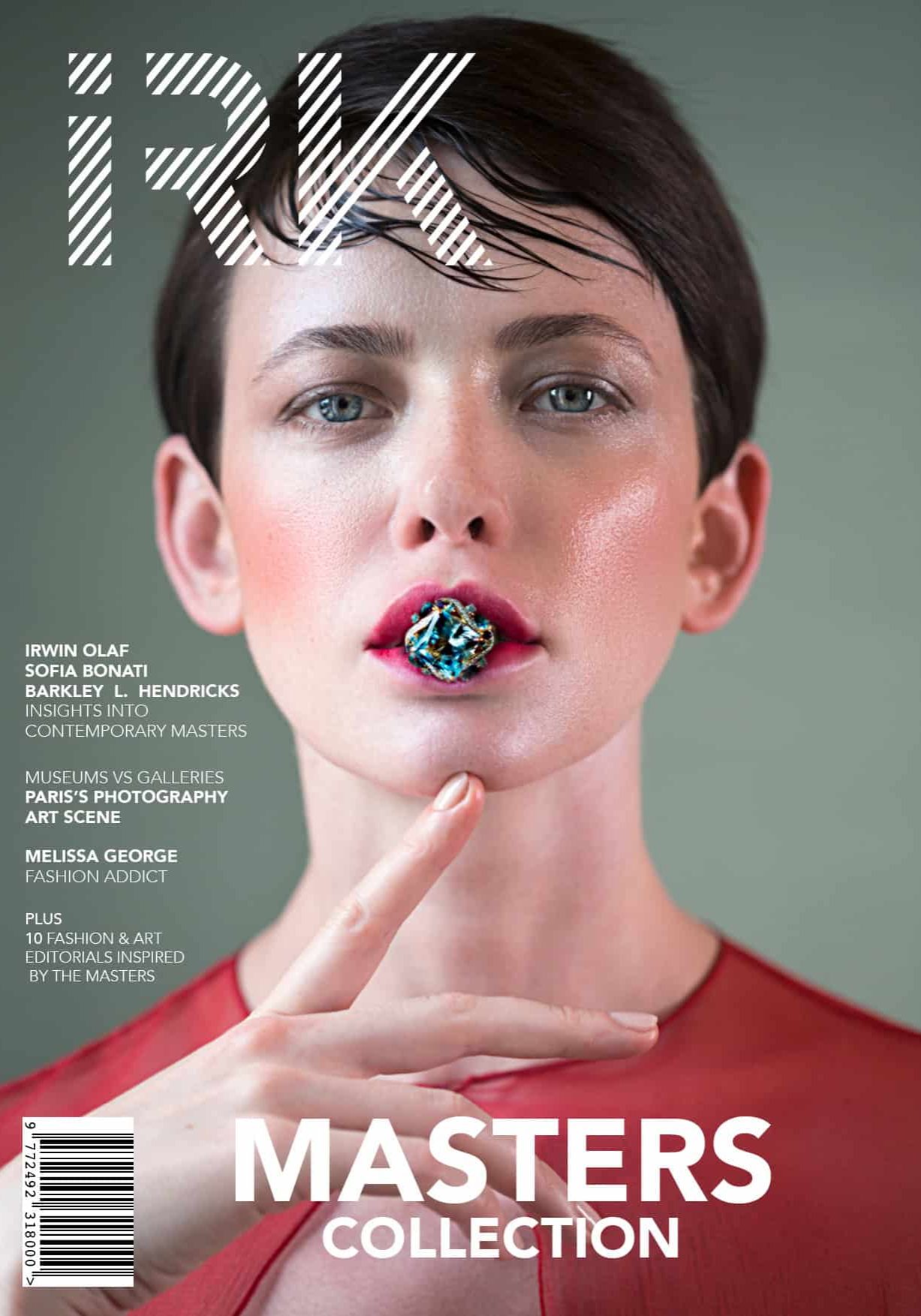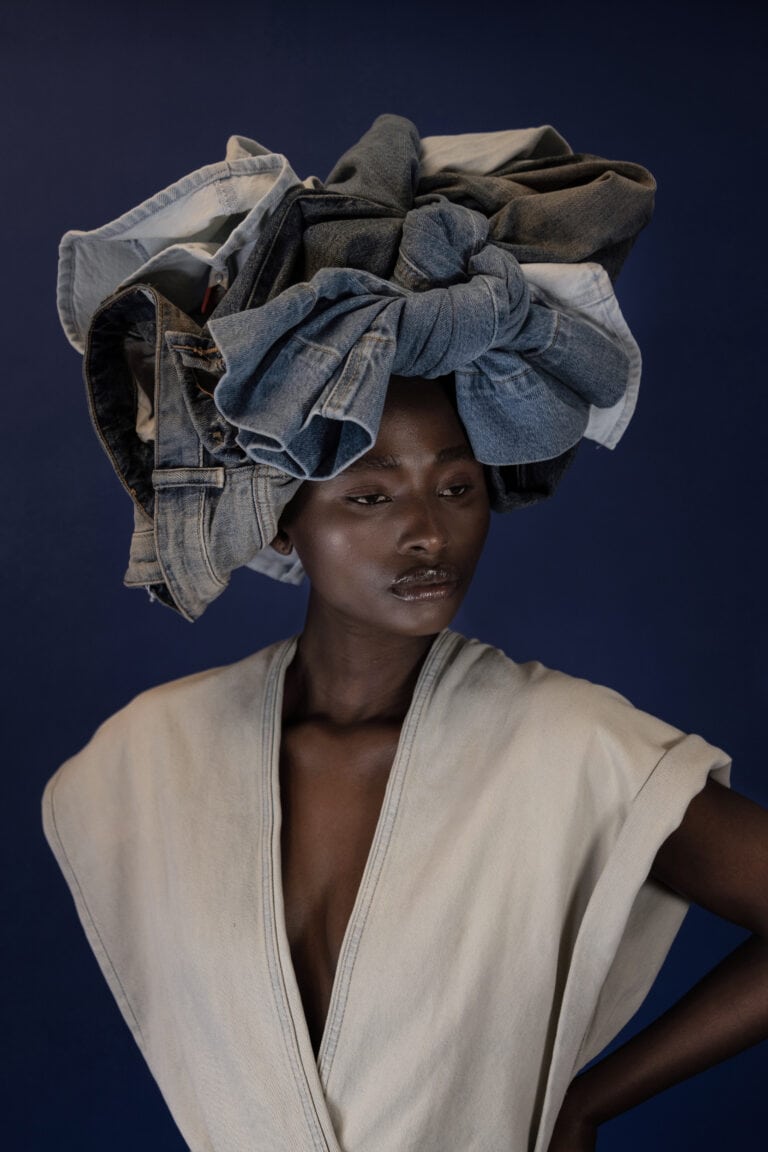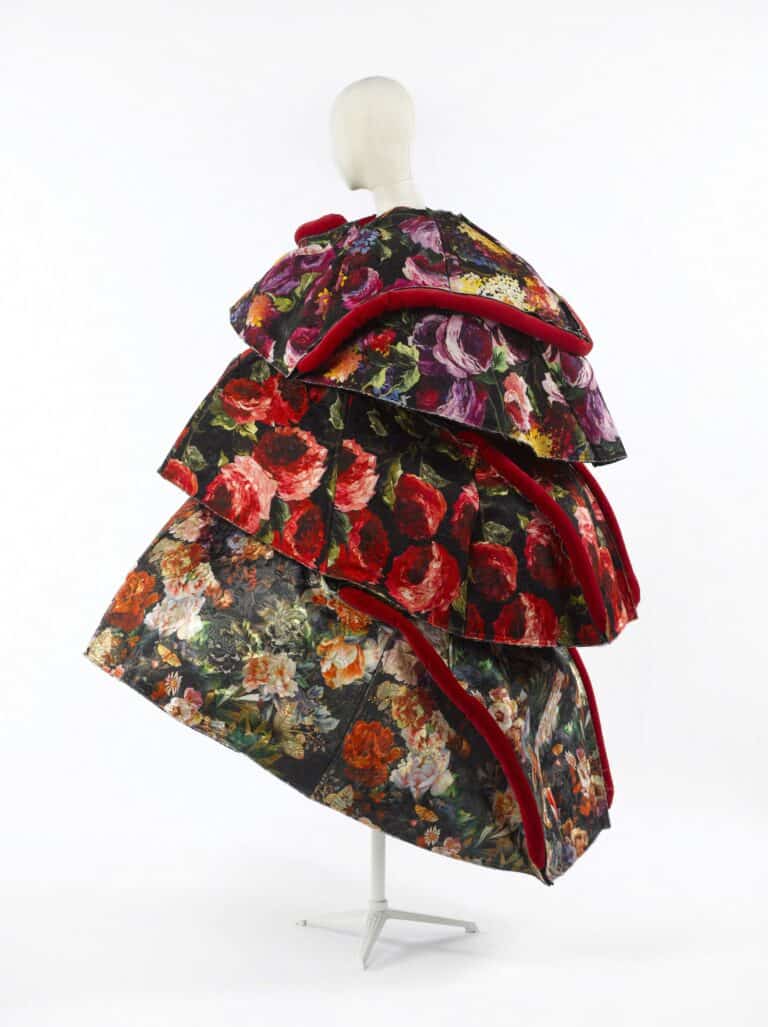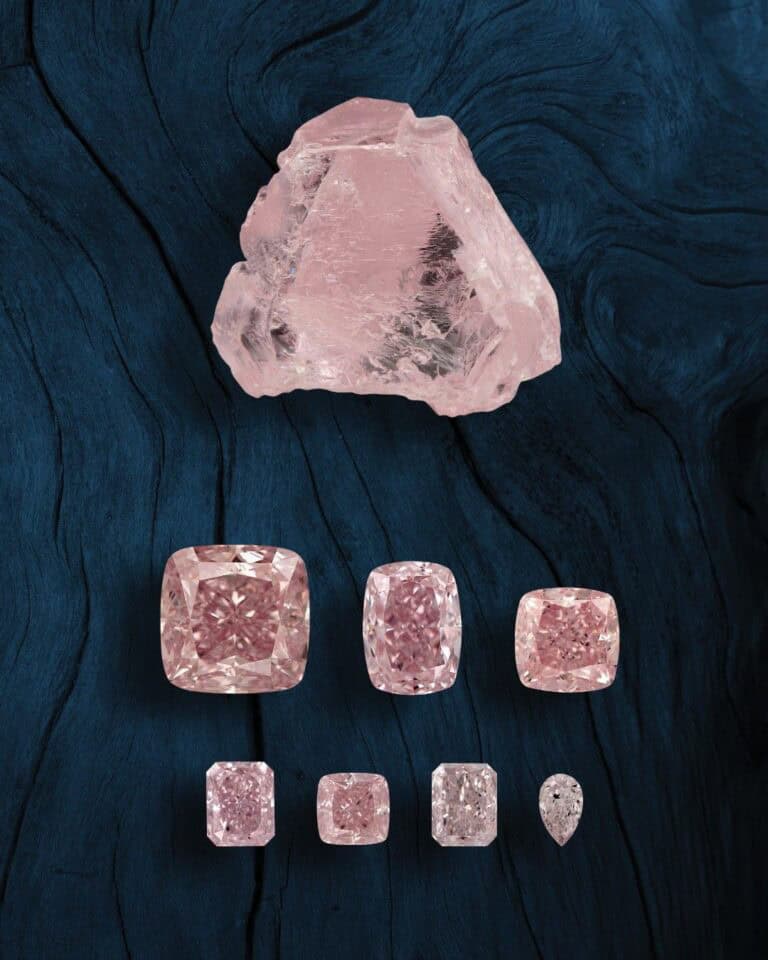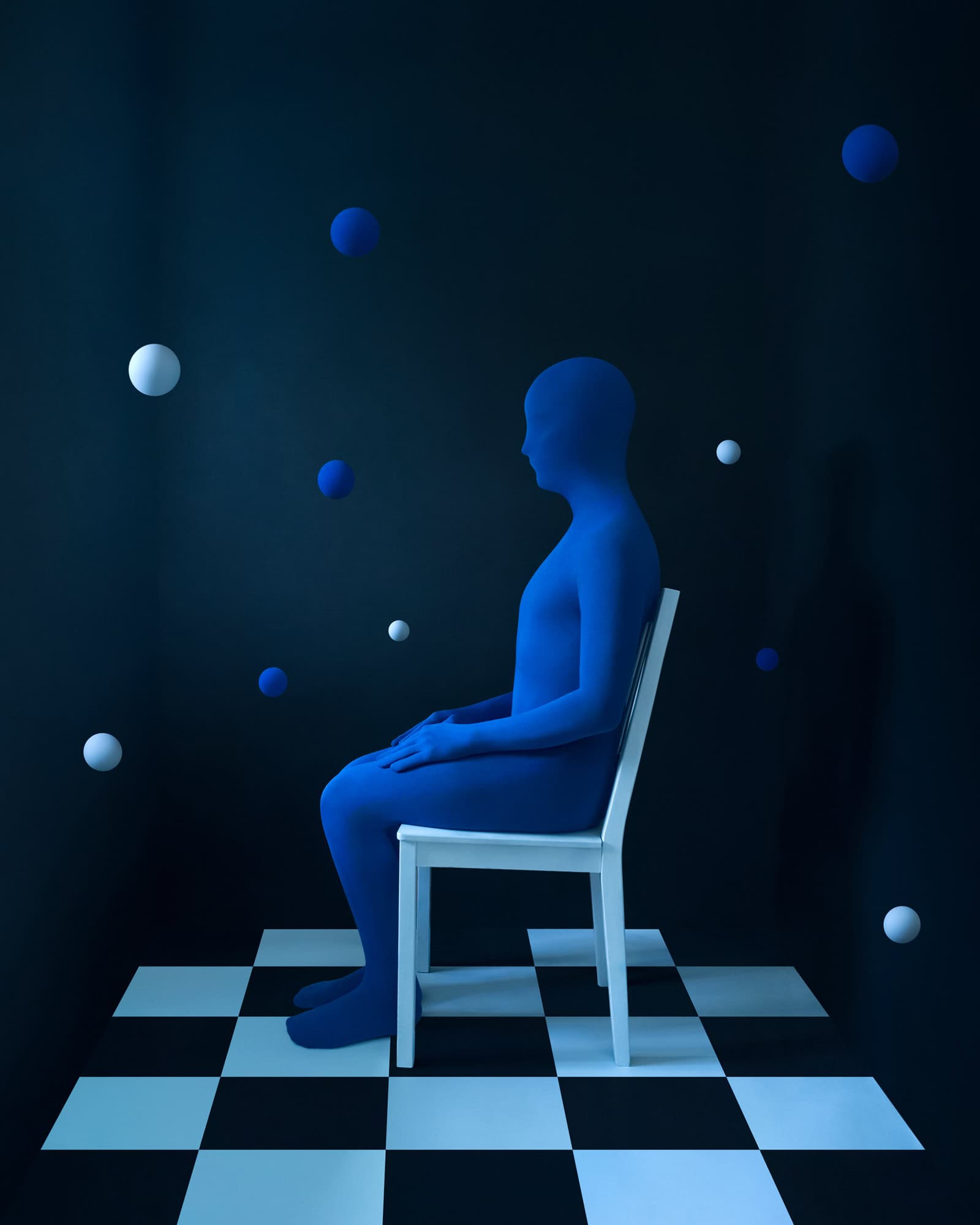
Shining a Light on Mental Health with Gabriel Isak
IRK Magazine
Scrolling down through any social media platform such as Instagram and Twitter, you will notice the popularity of “awokening” movements including the body positivity and toxic masculinity movement. Then why, most wonder, is mental disease so commonplace in today’s generation? It seems contradictory that a generation so focused on acceptance and inclusivity would suffer this much.
Over the past couple of years, the prevalence of mental diseases has increased exponentially. For some reason, people these days are more likely to indicate issues such as depression, anxiety, and a mix of other health problems. Experts are yet to reach consensus on the true cause of this phenomenon. In the meantime, whether it is the decline in stigma or something else, it is paramount to educate ourselves on the symptoms and the ways we can help each other out.
IRK recently had the pleasure to speak to photographer Gabriel Isak on his experience battling depression and how he tackled it through his art.
IRK: What was your journey to becoming a photographer? Why did you decide to become a photographer and how long have you been doing it for?
Isak: I began exploring photography around 2007 when I faced depression. Photography helped me to express my state of mind by expressing myself in conceptual self-portraits. However, after a few months, I quit photography as the interest for it and everything else in life vanished, as I fell deeper into the depression. About seven years later I decided to pursue Photography as a career since the passion for it was burning inside of me and I knew it was the only thing I could see myself doing in this lifetime. I put myself in art school at the time in order to force myself to start the journey and there I began to unconsciously explore the photography I work with today. I’ve been doing photography professionally for the last 4 years.

Black and Blue Dimension
Photograph by Gabriel Isak
www.gabrielisak.com
instagram: @gabriel_isak
IRK: How long did you experience mental health issues and how did photography help you as a medium of expression?
Isak: I experienced depression for seven years. It was a long internal battle that went back and forth with intensity, and it took a lot of time to recover from it. Those years feel like a fog in my head when I look back at them now, years that were in many ways lost in darkness. I had experimented with photography right before I fell deep into the depression and it functioned as a therapy for my mind to combat the experiences from life. I always wanted to get back to it when I was in the depression, but I couldn’t as it took away all the passion and interest for everything in life, but I always knew deep inside that I would get back to it one day even if it felt hopeless at the time. It may be hard to understand how paralyzed one becomes when depressed. For those who haven’t been there, one simply becomes ill and not lazy which I feel is a big misunderstanding in what people think of depression. In late 2011, I left Sweden to travel abroad (hoping to find some light back into my life) and eventually ended up in art school, where I put a finish to the depression and unconsciously began documenting what it was like to live in the blue in abstract ways using myself and symbolism in my Photography.
IRK: What advice would you give readers regarding channeling their emotions into their art?
Isak: I think it’s important to know what method that works for each individual, and what art form works best to express your emotions into art. For me it was photography, and in particular, self-portraits worked. I have never been good with writing, painting or other art forms and photography was a medium I felt comfortable with to experiment with. Once you know your medium, be honest with yourself and allow your inner emotions out into the medium whether it is words, photos, paintings or another art form, don’t hold anything back when expressing yourself. And don’t be afraid to share it with friends, or on social media, if that will help you. When I first began creating my work I immediately began sharing it online, (even though I was terrified for everyone to see my work) and in many ways it was liberating and taught me a lot about myself and opened up my eyes to how many [people] out there were going through mental health issues that they were hiding from the world.
IRK: Which are your favourite photographs and what is the story behind them? Are the interconnected somehow?
Isak: “Melancholia” is an early favourite of mine, that to me symbolizes what it feels to be depressed and to have it released from your system, as well as “Let Go”, which symbolizes the feeling of letting go anything you don’t want in your life anymore. A new favourite of mine is the work “Existence,” which is part of my “Entities” series. It is an image that symbolizes existence. All three photos have been heavily inspired by both my depression and feelings battling with existence.
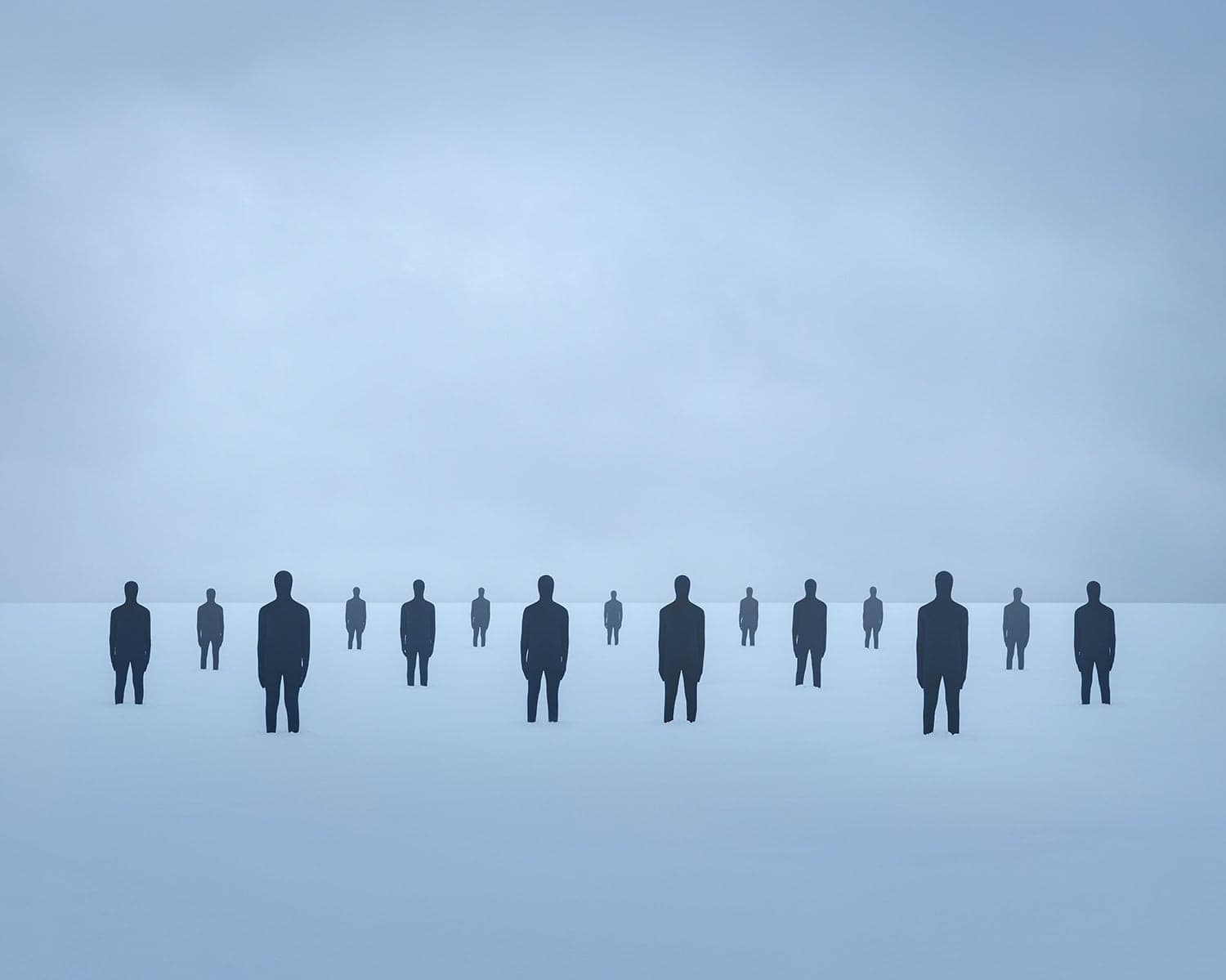
Existence
Photograph by Gabriel Isak
www.gabrielisak.com
instagram: @gabriel_isak
IRK: What do you wish more people understood about the importance of acknowledging mental health and helping loved ones who might be experiencing mental illness?
Isak: I think mental health issues can be very hard for people to understand and that can easily be judged if one hasn’t experienced any form of mental health problems in one’s own life. For instance when I was depressed I would hide it from many people around me, because I was afraid to be judged, as I felt not many understood what I was going through (even if they said they did), nor how depression had turned my life upside down into a living darkness that I was battling through each day. If you know anyone who is going through a mental illness, educate yourself about it so you can understand what they are going through more. If you don’t know what to do, listening and offering a shoulder to cry on goes a long way and be very patient with them. I also hope that it will be more educated upon in the near future and considered as serious as any physical health issues we have today, as I think more and more people will experience mental health issues ahead especially in the post modern world we are living in today.
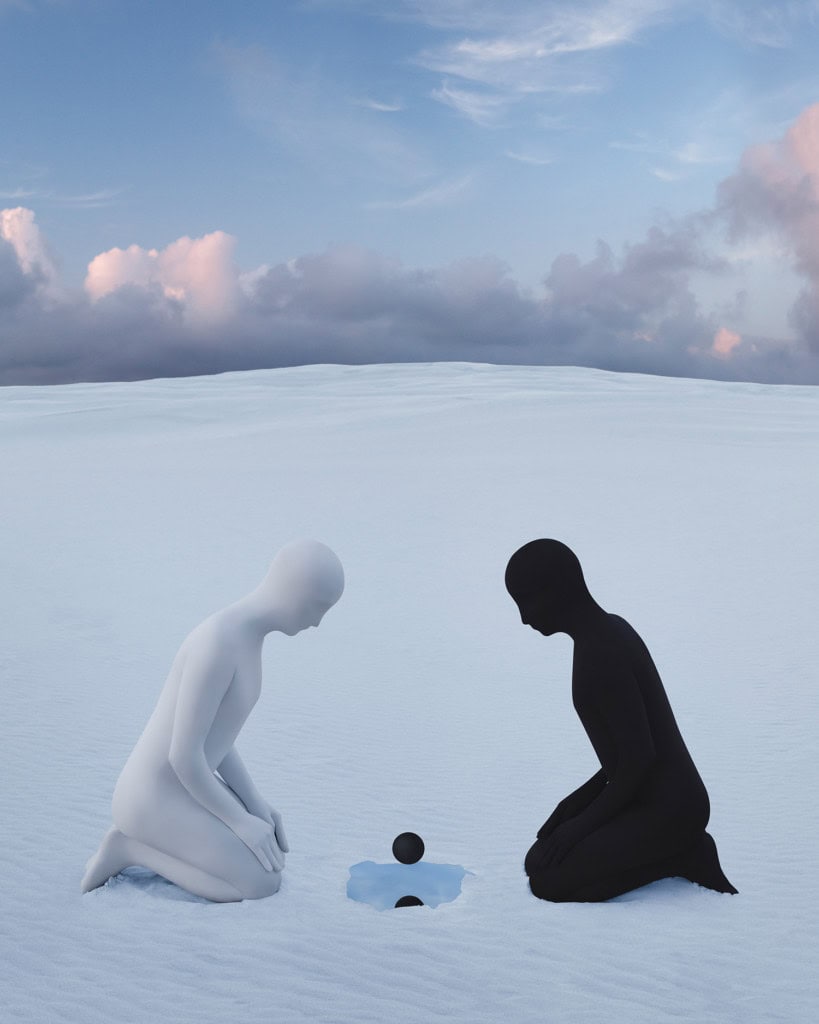




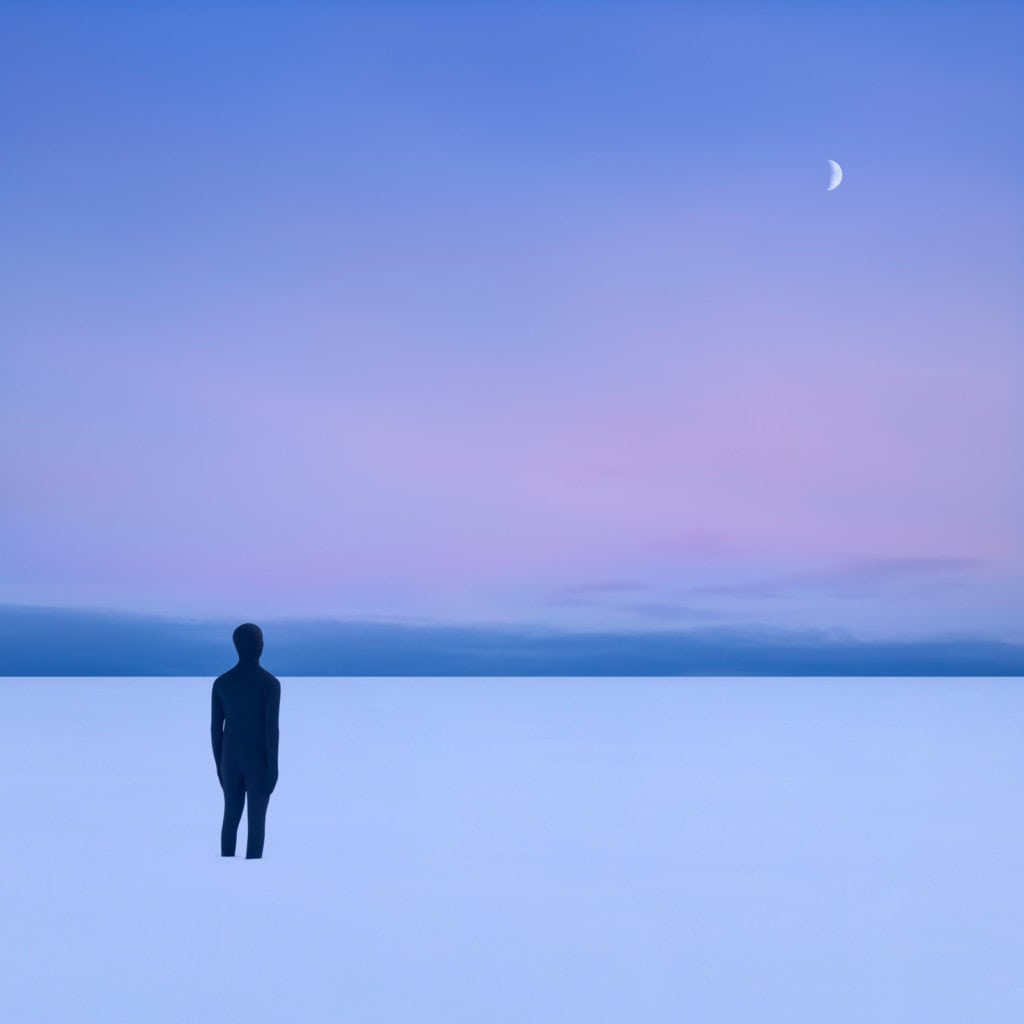

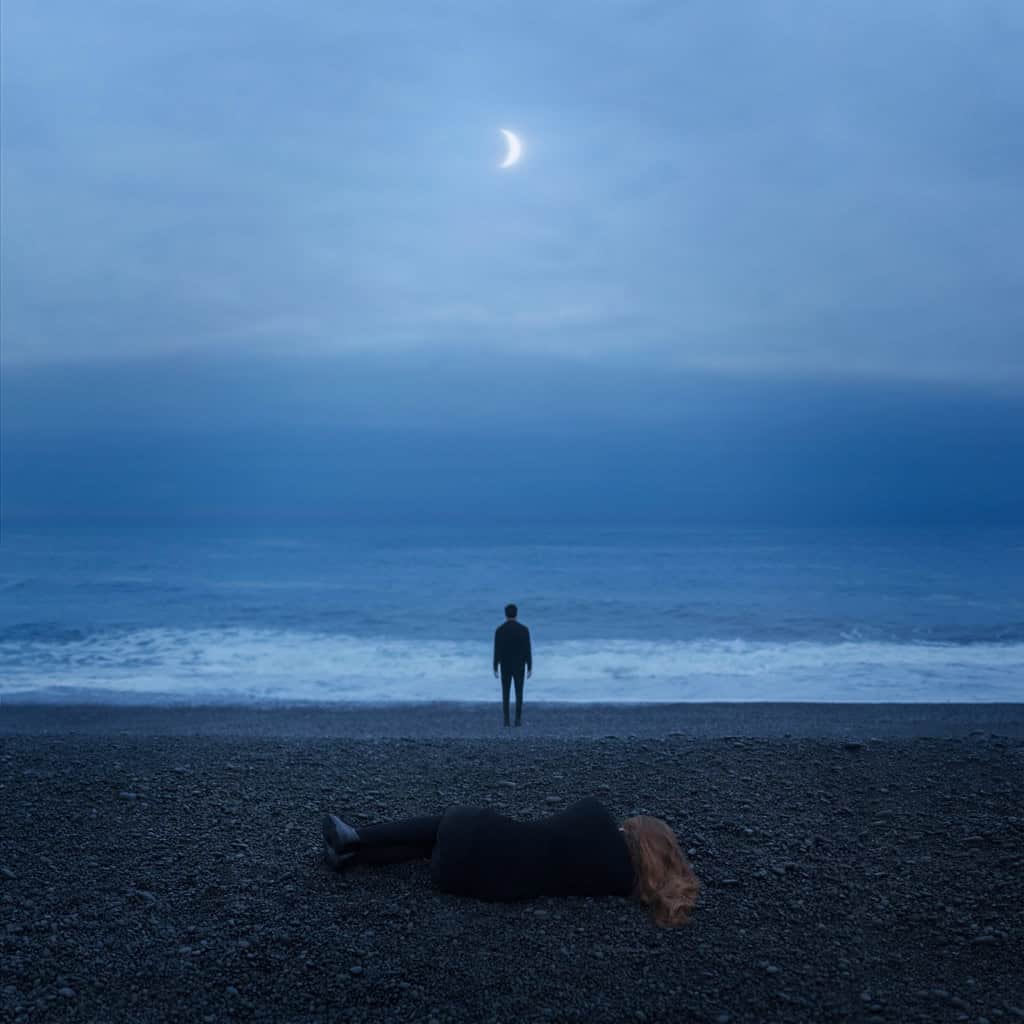
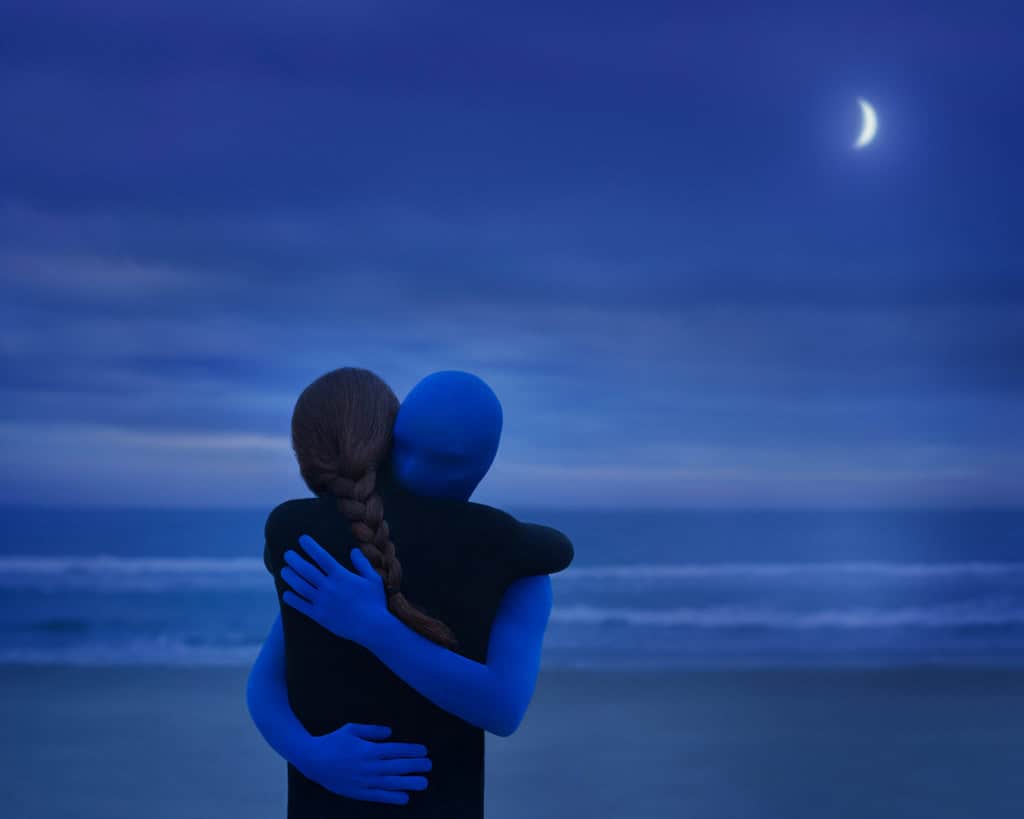
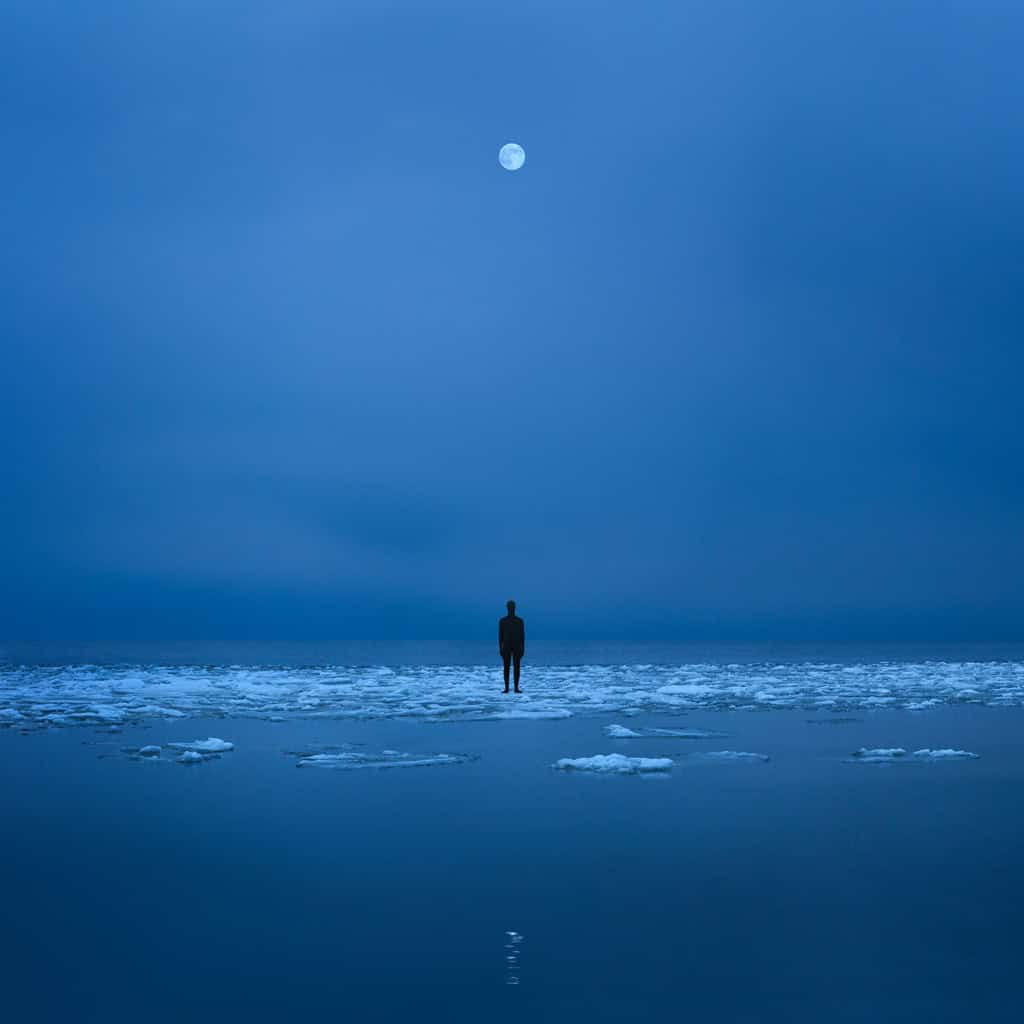

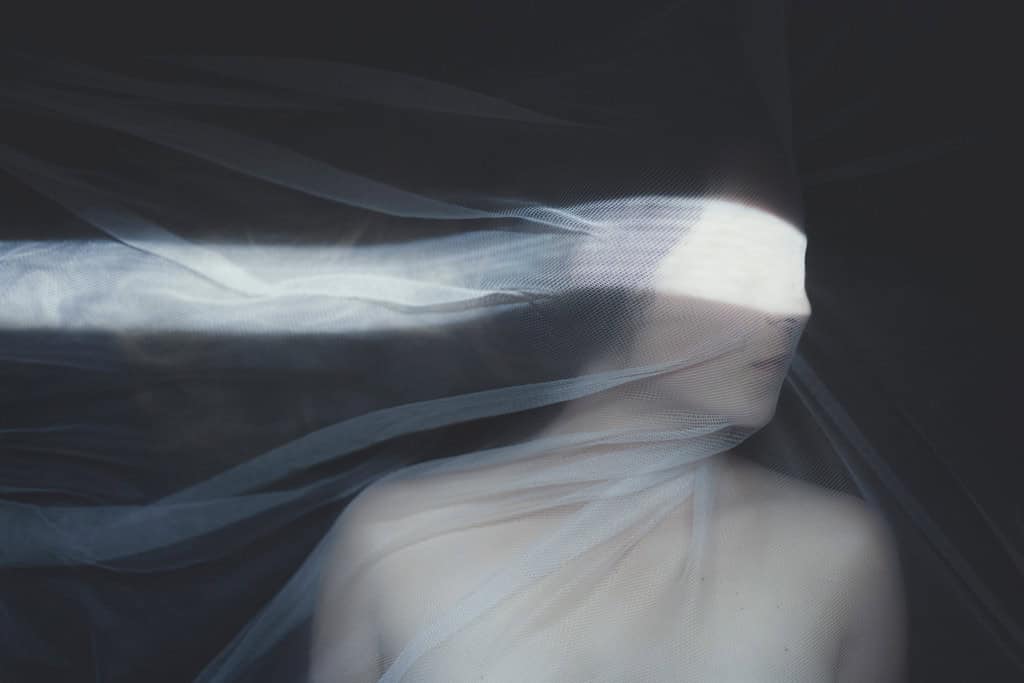
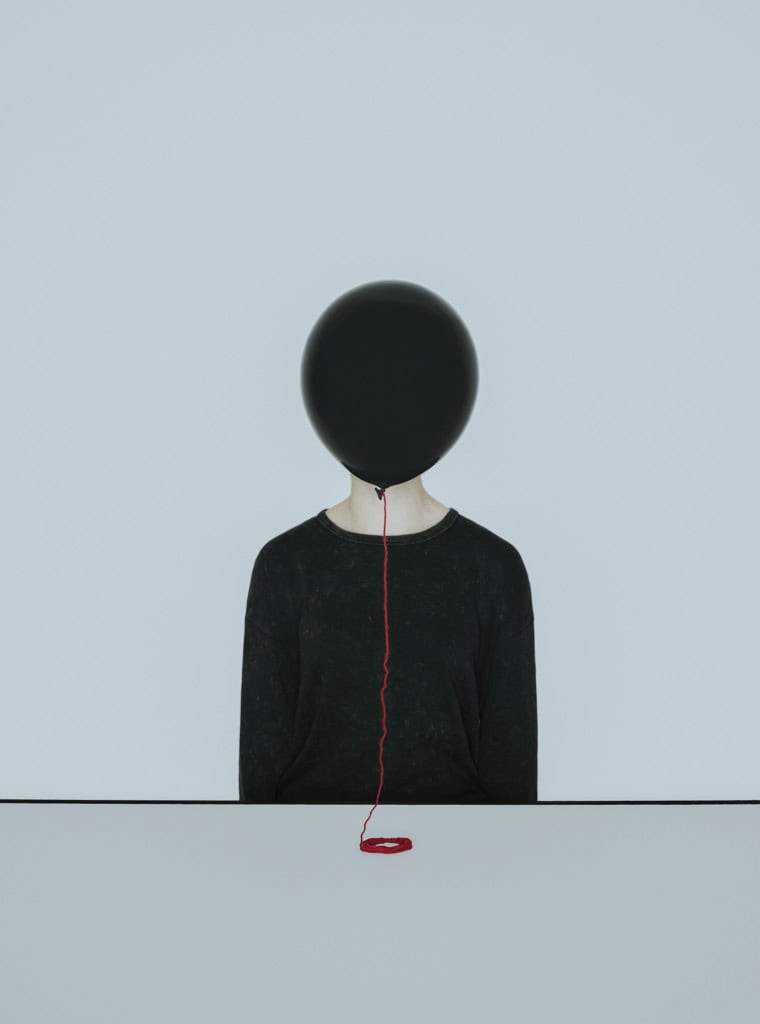
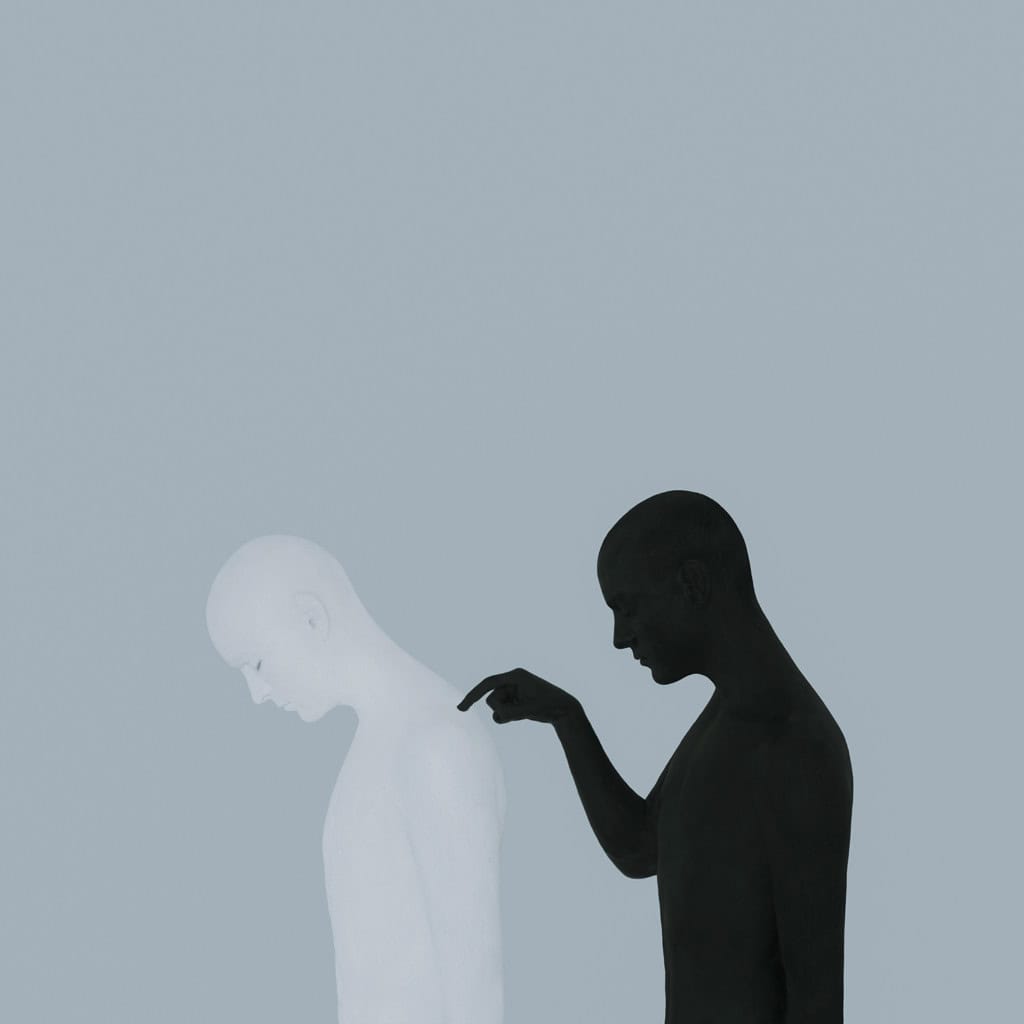
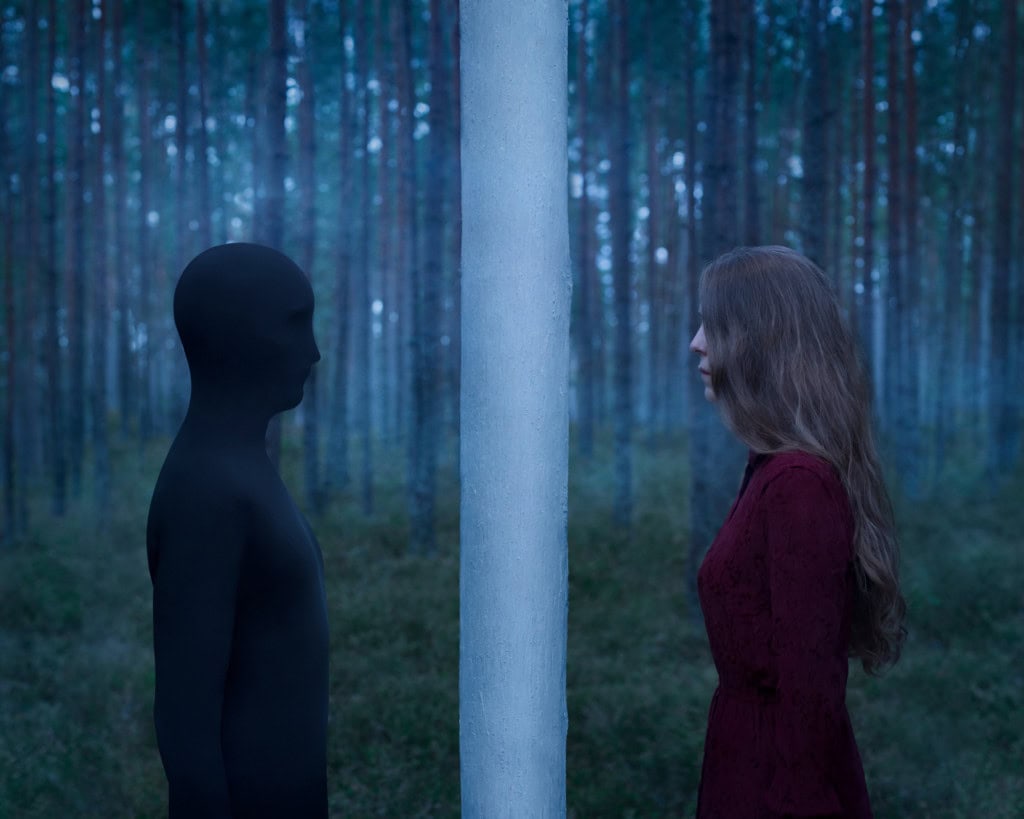
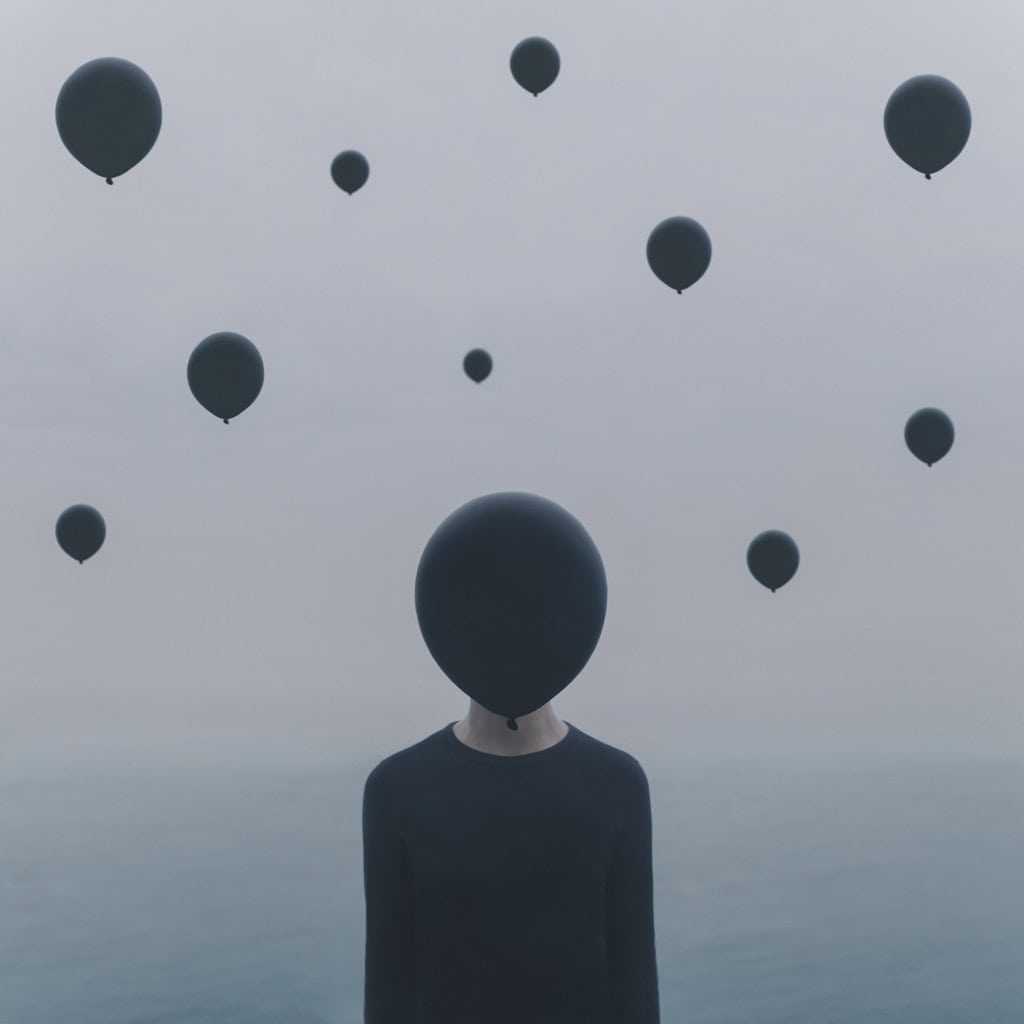
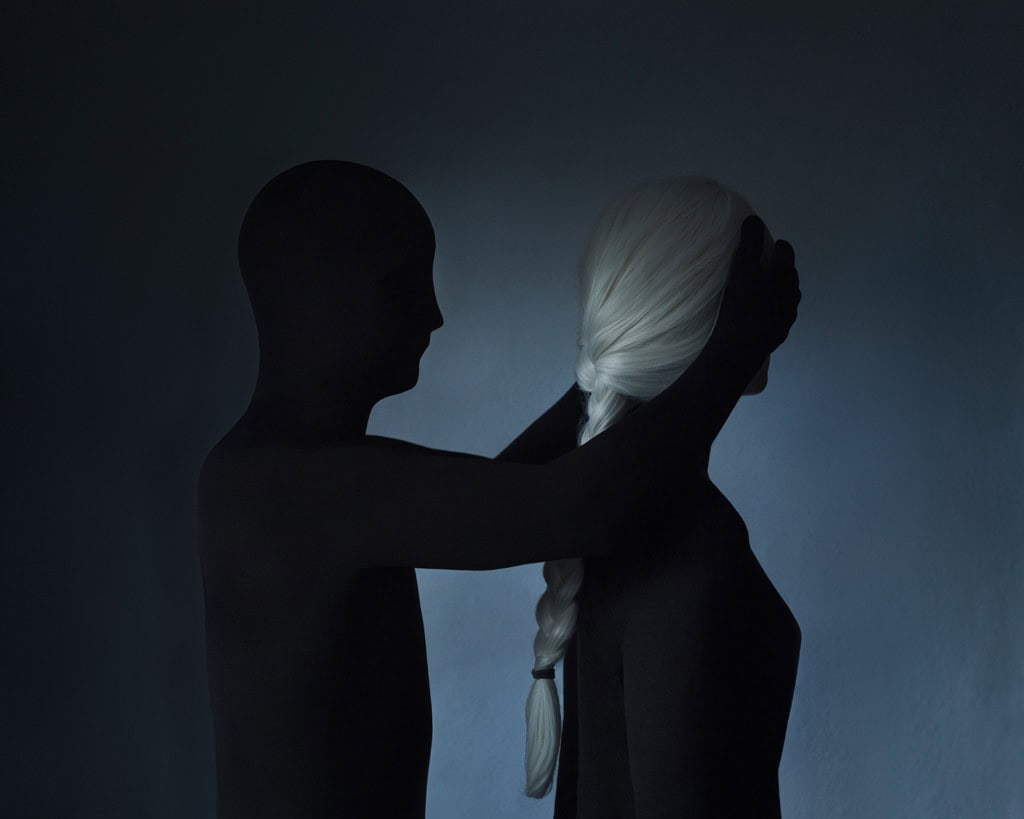
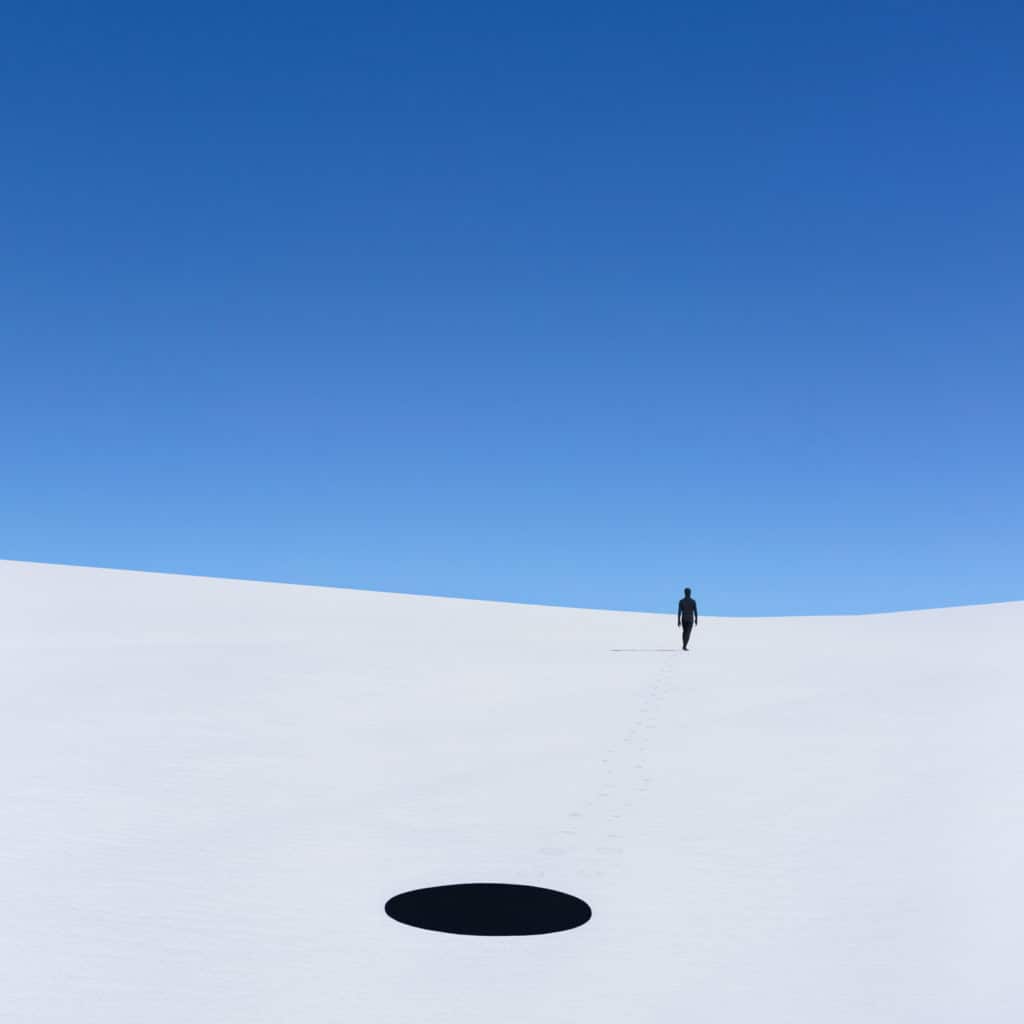
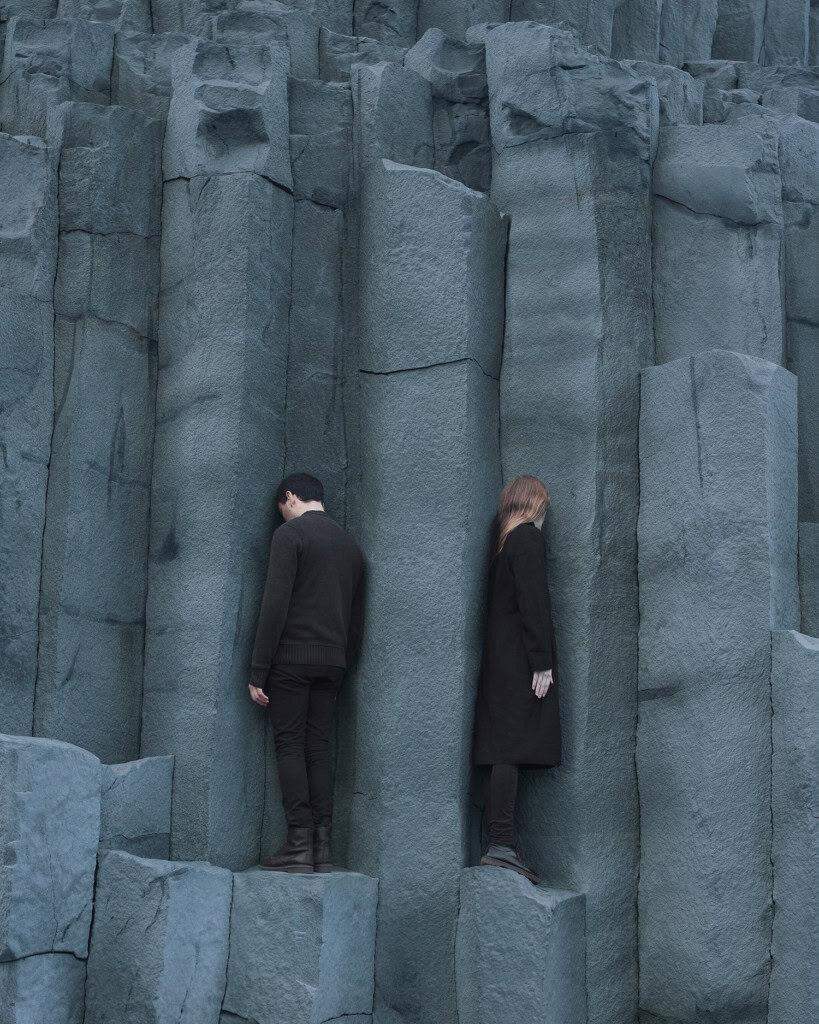
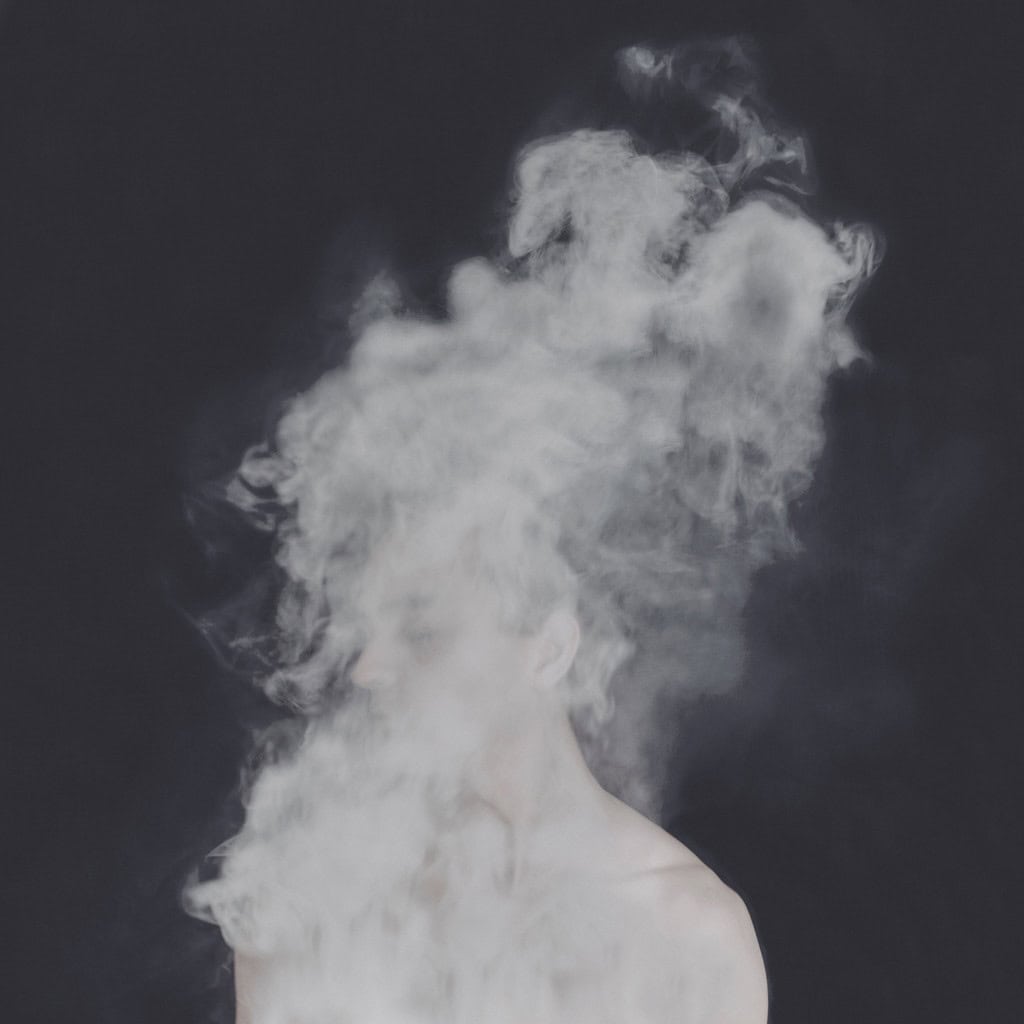

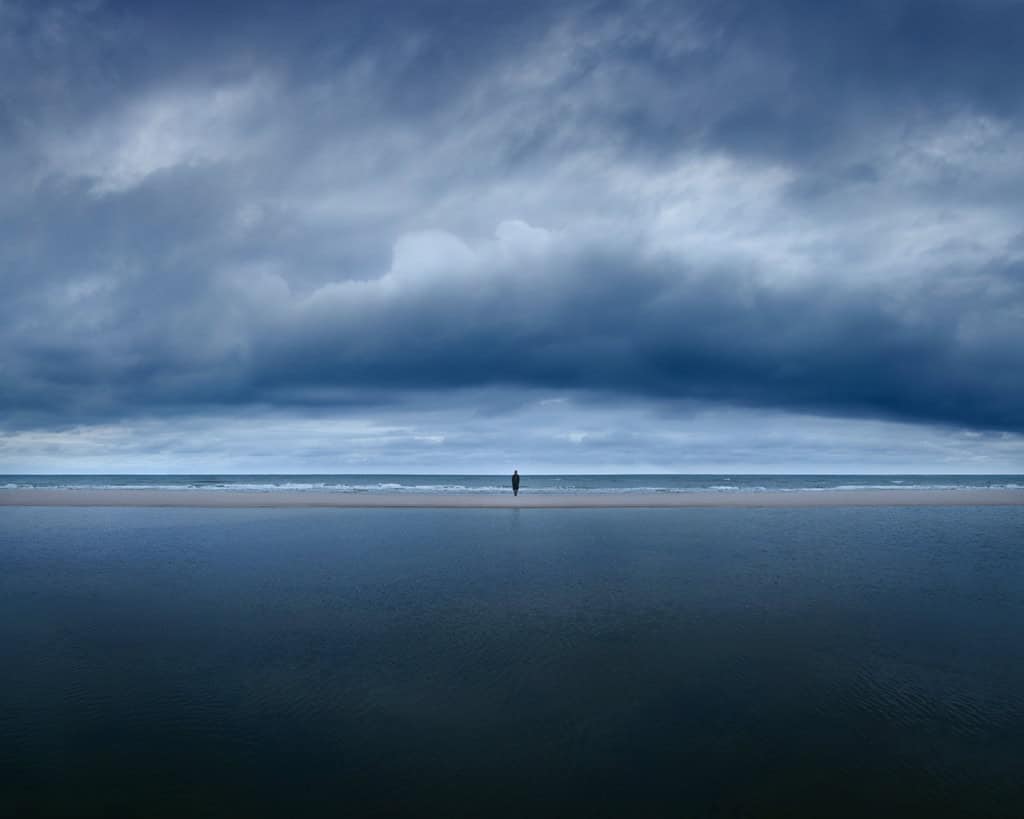
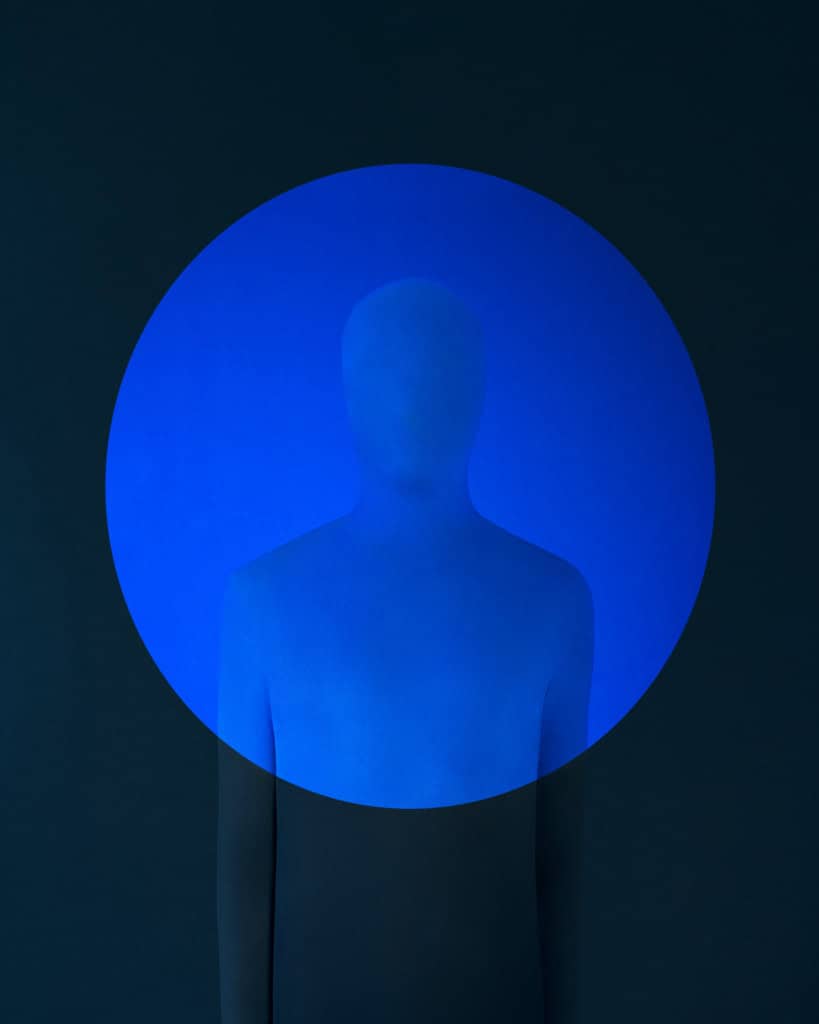
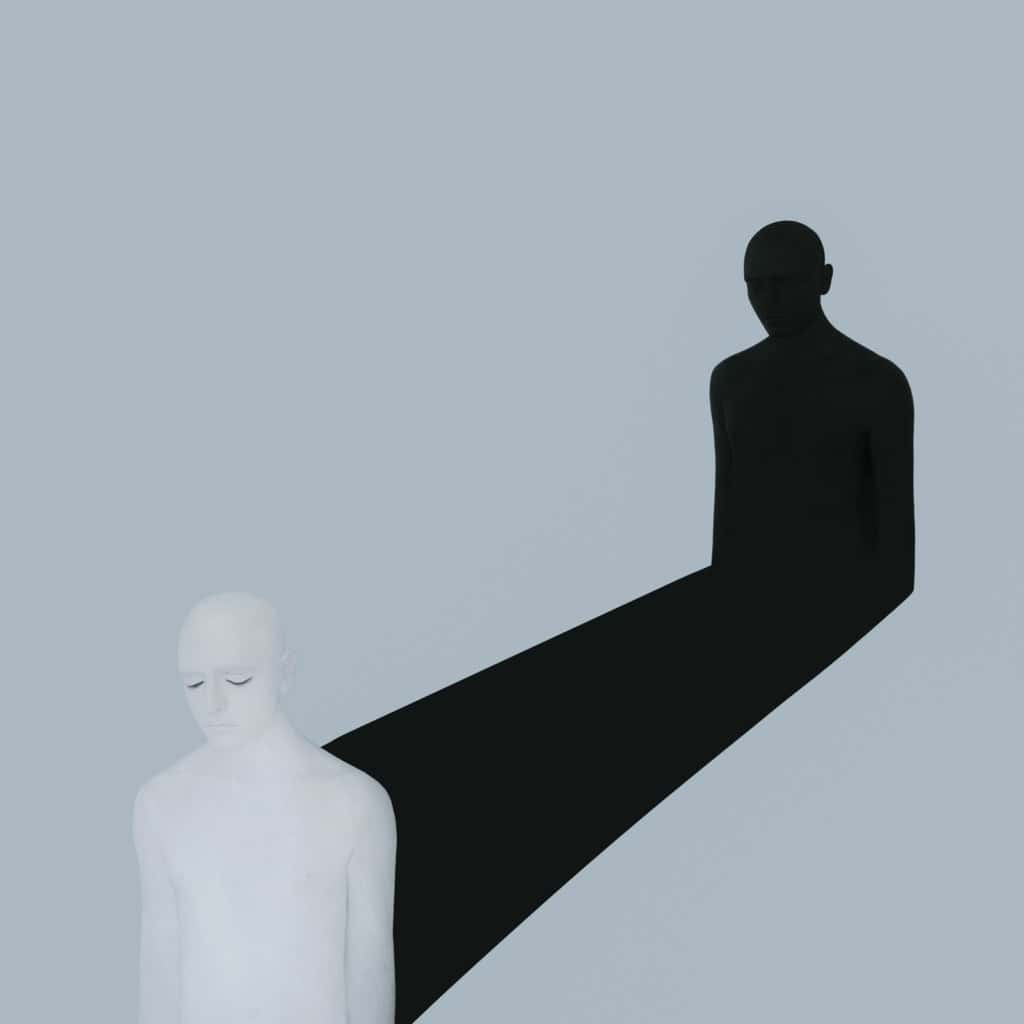
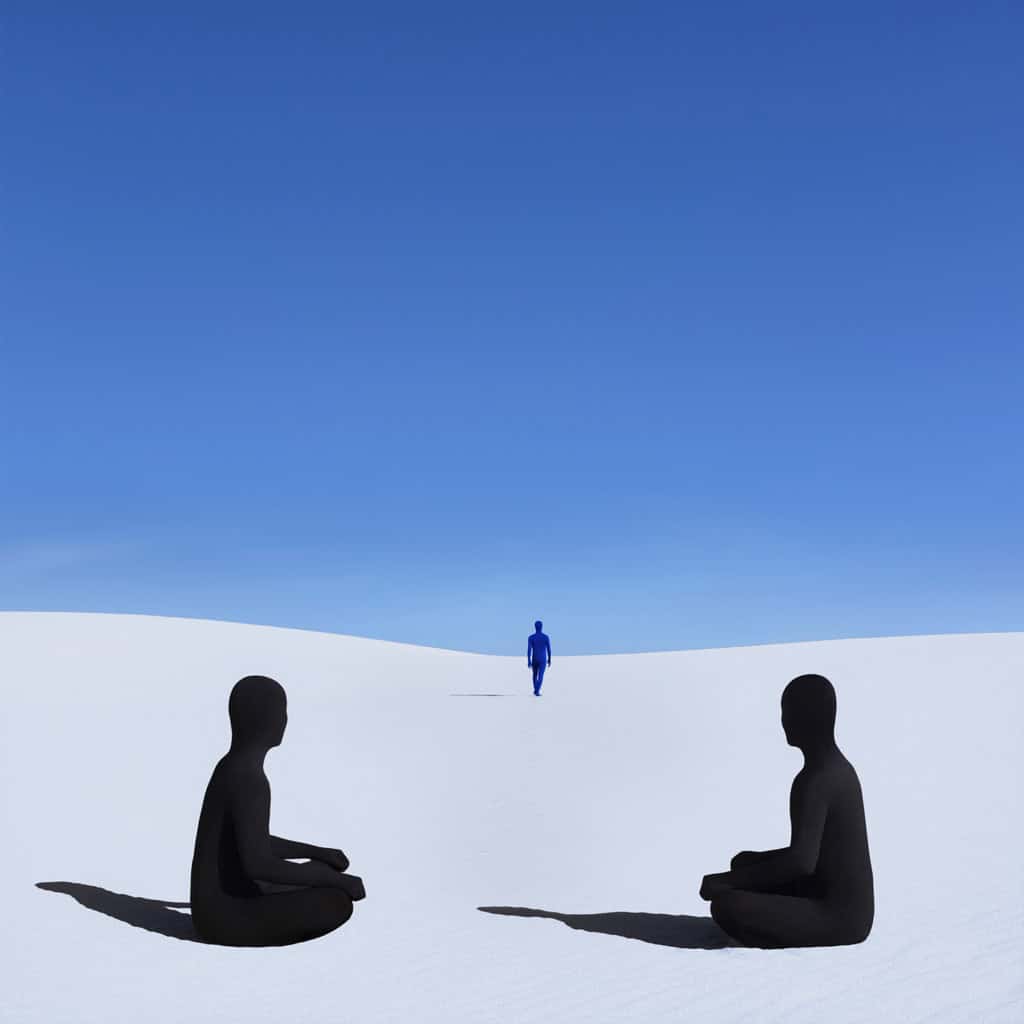
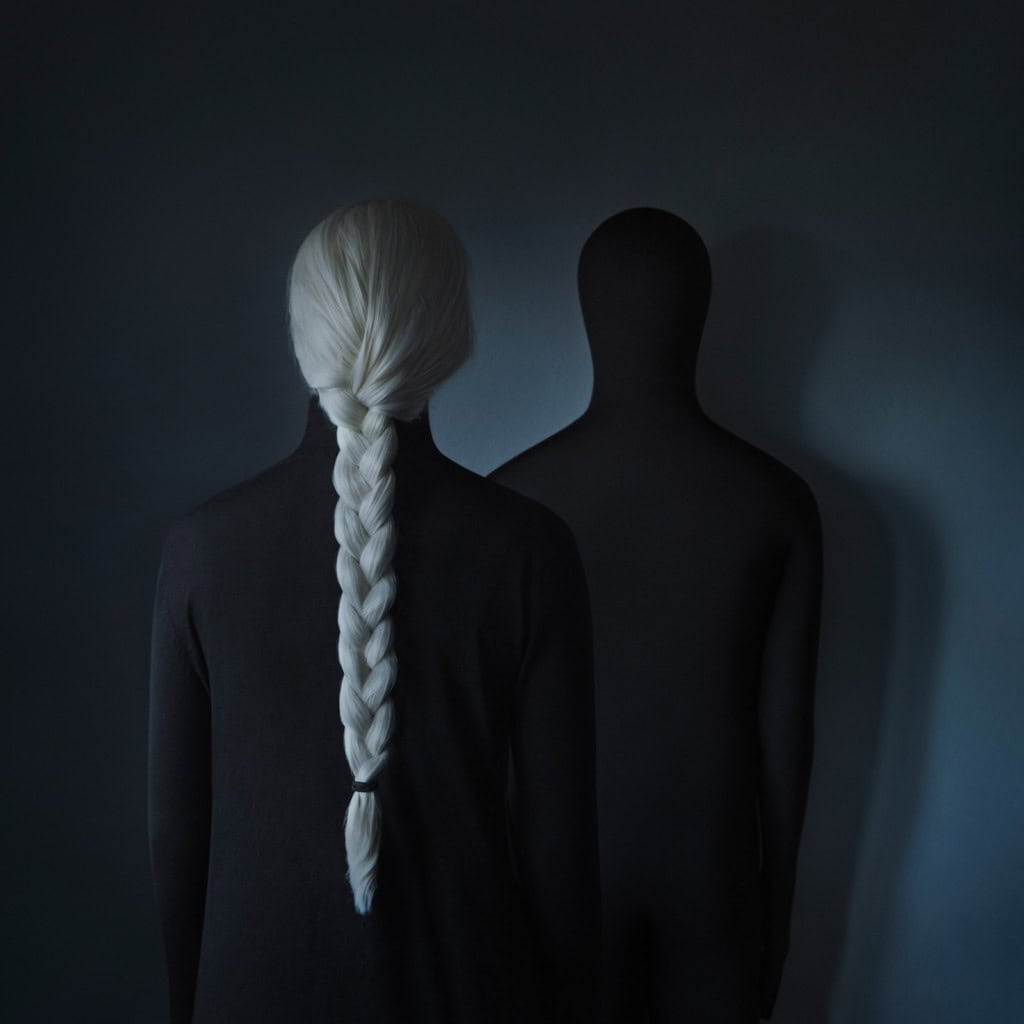
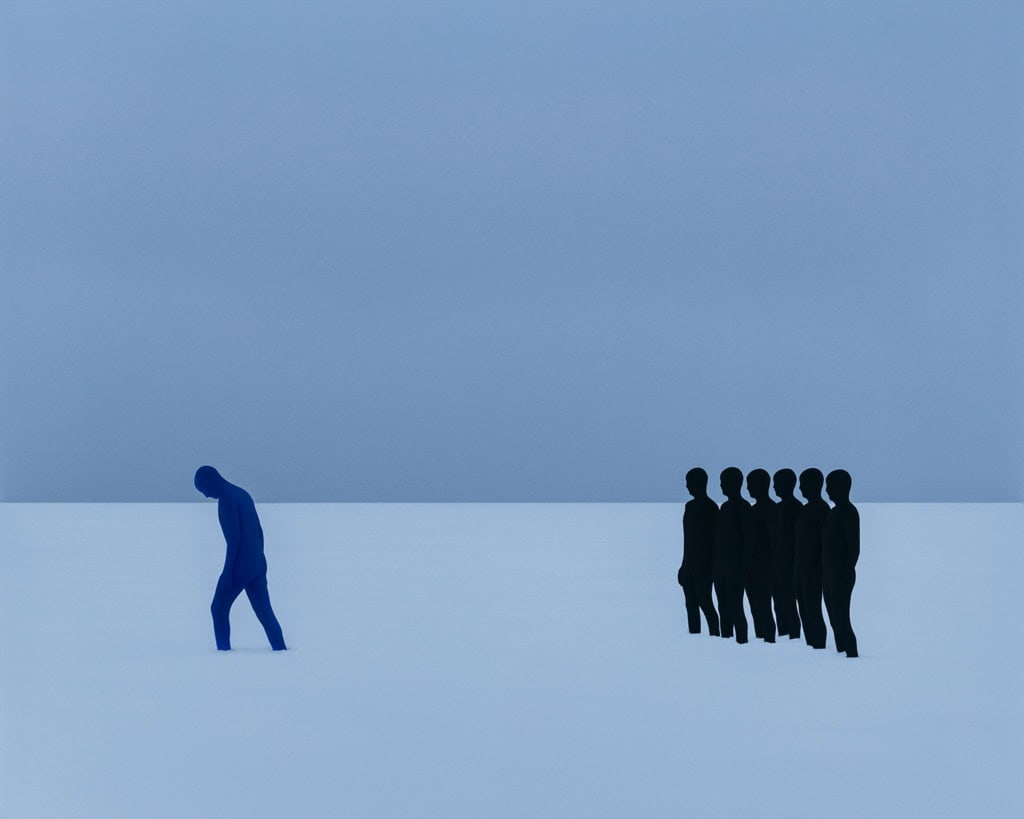
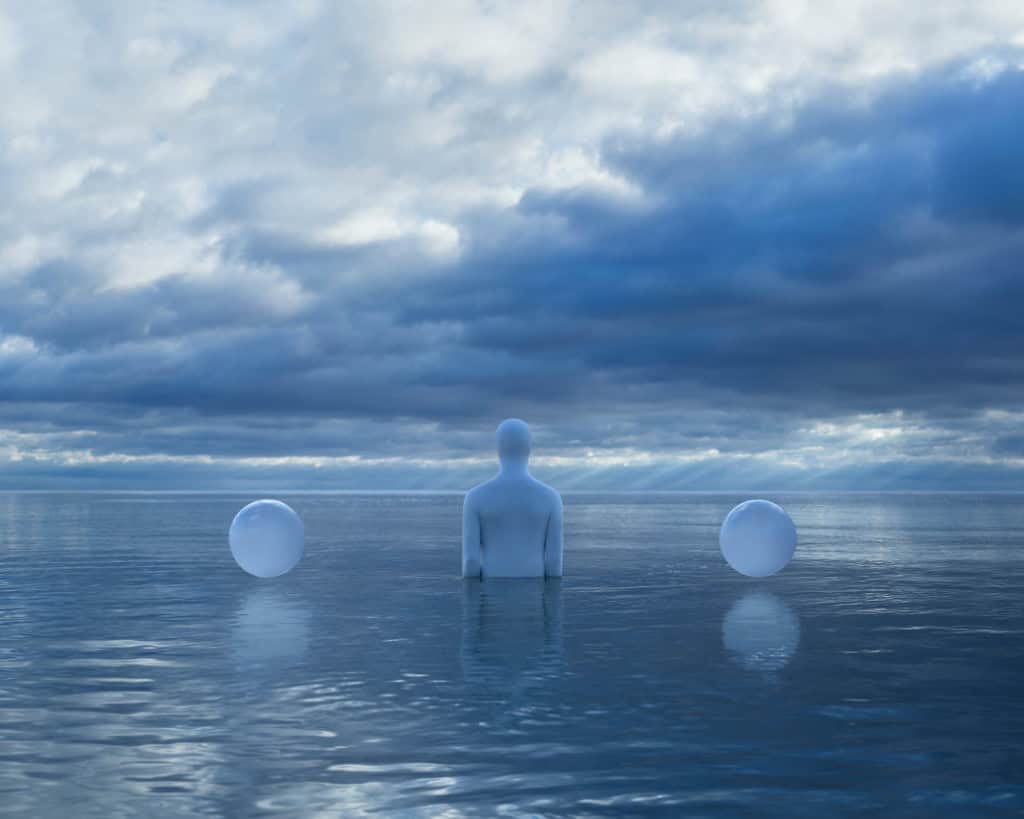

Share this post

